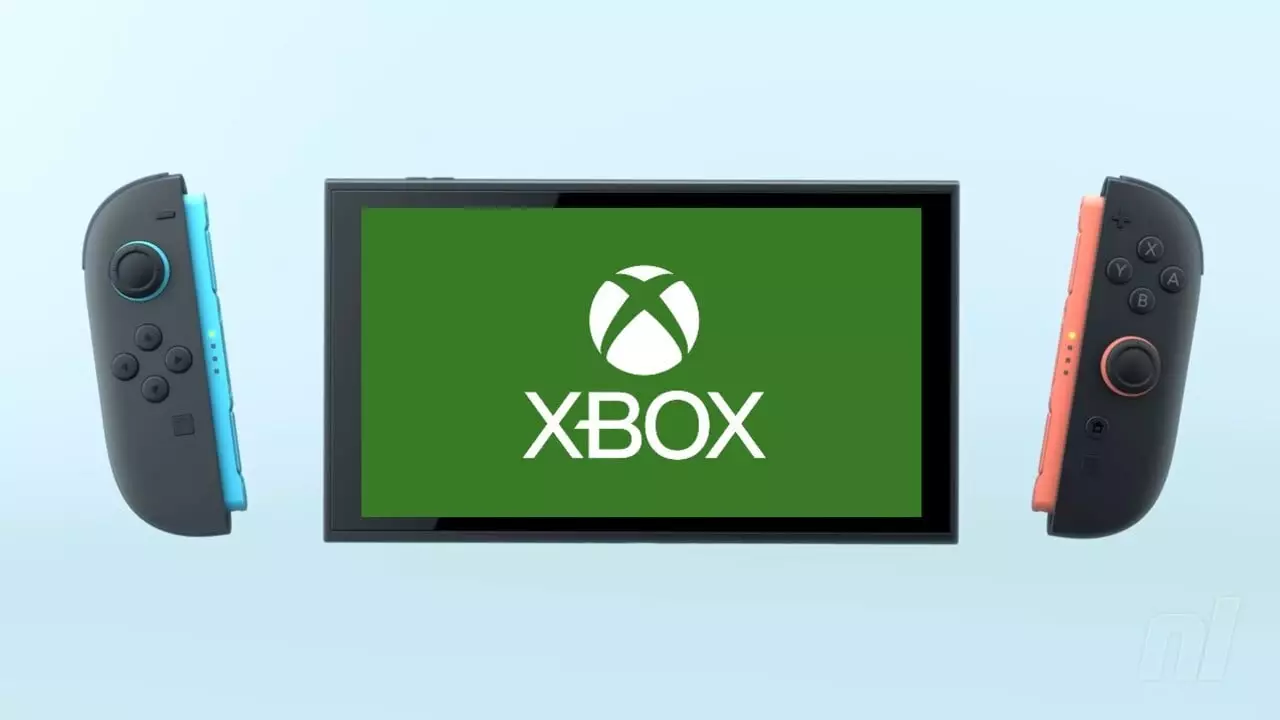The world of gaming is about to witness a pivotal transformation as Microsoft marks its territory in the handheld gaming market. Recent whispers indicate an ambitious collaboration between Xbox and ASUS, a name synonymous with high-performance gaming gear, particularly noted for its ROG Ally series. Set for a 2025 unveiling, this news not only builds anticipation among gamers but also represents a bold strategy in an industry often dominated by established handhelds like the Nintendo Switch.
Windows-Powered, Xbox-Designed
At the heart of this development is a device rumored to be powered by Windows, strongly leaning on the aesthetics and user experience typical of Xbox products. This unique approach may provide a significant edge over competitor machines since it appears to embrace the intricate Xbox ecosystem with features tailored for content delivery. With a potential price tag ranging from $499 to $599, early adopters will benefit from a direct line to the Microsoft Store and a robust Game Pass affiliation that promises an extensive library of games right out of the box.
Furthermore, while the device will run on Windows, it will importantly feature the ability to sideload programs like Steam, showcasing a functional flexibility not previously seen in typical consoles. This cross-compatibility could entice a broader audience, allowing gamers to enjoy a plethora of titles beyond the Xbox universe while still maintaining unique Xbox branding.
Future-Forward Vision
Not content with merely entering the handheld fray, Microsoft seems poised for a long-term commitment to this venture. Reports hint at a follow-up device, essentially a “native gaming” handheld, anticipated for a 2027 rollout. This shows a progressive mindset and a drive to innovate even further. With Xbox’s track record of evolving in line with gamer desires, this planned future addition could redefine how we think of handheld gaming—especially within the Xbox ecosystem.
The Competitive Landscape
As exciting as this announcement is, it’s imperative to approach it with a degree of skepticism. While companies can easily throw around buzzwords and timelines, the market is rife with potential pitfalls. The success of any new gaming console rests heavily on both its library of available games and its ability to entice developers. Additionally, Microsoft’s pivot towards multiplatform releases signals an intent to reach beyond traditional Xbox loyalists and craft a more inclusive gaming environment.
As Xbox’s CEO Phil Spencer has voiced enthusiasm for the upcoming Switch 2, it’s quite evident that Microsoft is not just looking to take on one handheld but rather redefine the entire gaming landscape. Should Microsoft manage to execute its vision effectively, we could witness a renaissance in handheld gaming where experiences are not confined to a singular scope, but rather expand to include multiple platforms harmoniously.
Implications for Gamers and Developers
This shift also begs the question—what does it mean for gamers and developers alike? For gamers, the emergence of a new handheld might introduce competition that spurs innovation, leading to better games and more robust hardware. On the other hand, developers may rejoice at the expanded platform possibilities which could lead to increased creativity as they design games for a wider audience.
However, this transition isn’t without its challenges. Developers will need to adapt their strategies to suit new hardware combinations while also factoring in consumer preferences, possibly leading to fragmentation in the market if not managed well. Microsoft winning the hearts of developers will be just as crucial as attracting gamers.
While the prospect of an Xbox handheld device marks an ambitious leap for Microsoft, the implications stretch well beyond hardware. This venture has the potential to reshape the entire gaming ecosystem, inviting fresh competition and fostering collaboration that could detract from the status quo. For now, all eyes await official announcements and further details, but as the landscape shifts, one thing remains clear: the future of portable gaming is looking incredibly dynamic.

